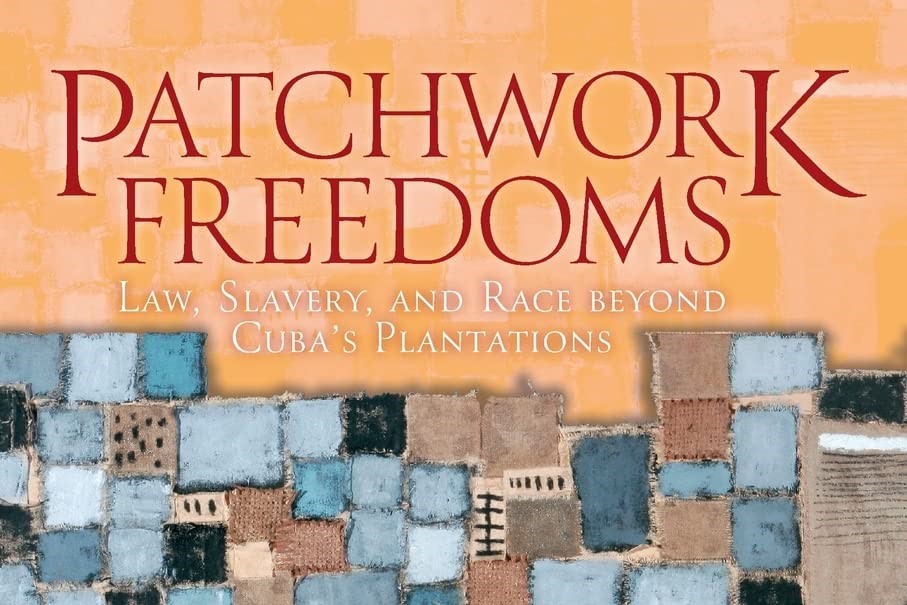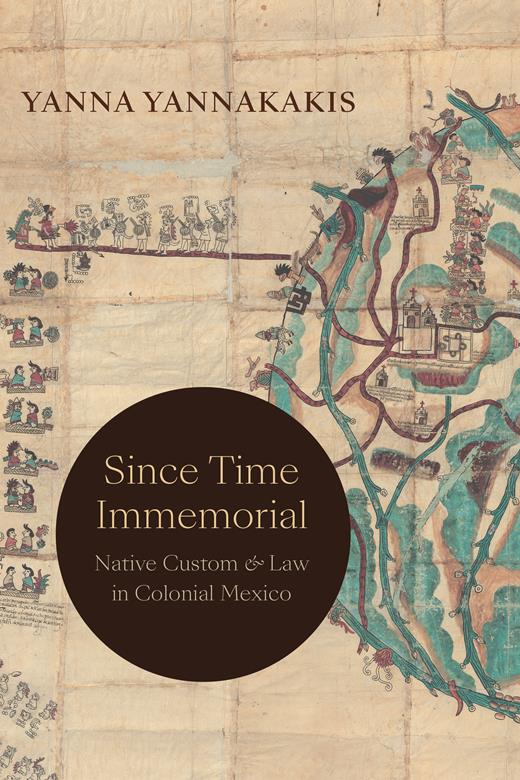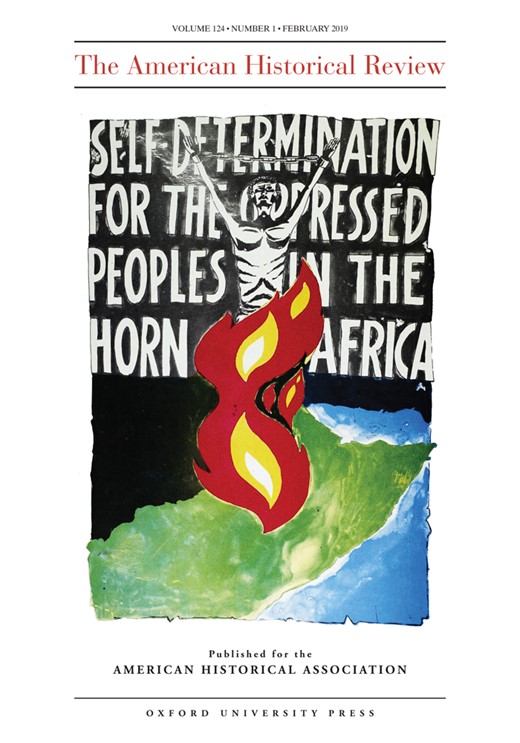
History graduate student Emilie Cunning has received a Moody Research Grant from the LBJ Presidential Library. She will head to Austin this fall to conduct archival research on transnational protest cultures in the US and UK in the 1960s-1970s. Her dissertation project is tentatively titled “Transnational Protest Cultures: The Anti-War and Black Power Movements in Britain and the United States, 1960-1974.”
Cunning has developed her dissertation project through varied activities over the last year. In the spring semester, she taught a course related to her research titled “US & the Cold War.” In March, she presented her work at the Boston University American Political History Graduate Conference. The paper focused on transnational anti-war networks during the Vietnam era, specifically on the role of “American Exiles” in Britain who formed a persistent source of opposition to the American war in Vietnam while working with British anti-war groups such as the BCPV and CND.
Earlier this summer, Cunning attended BOCA LONGA at University College London. BOCA LONGA is an annual spring workshop that brings together U.S. historians (both faculty and graduate students) from Boston University, Stanford University, UC Berkeley, UC Davis, University College London, and Emory. She attended along with History Department graduate student Jessica Locklear, Emory College Senior Associate Dean Joseph Crespino, and Profs. Jason Ward, Daniel LaChance and Carl Suddler.

Cunning will defend her dissertation prospectus this August.





















